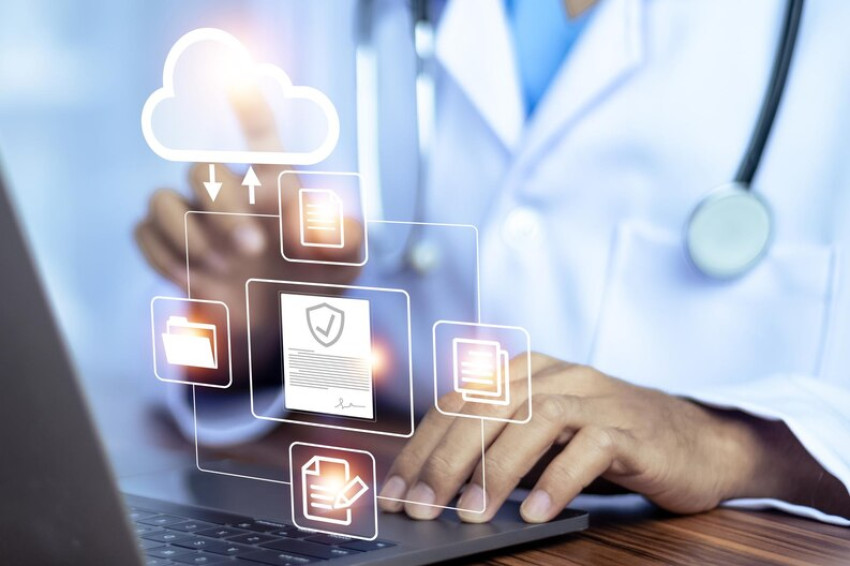
The integration of advanced software tools has become indispensable. As the healthcare industry embraces digital transformation, laboratories are at the forefront, leveraging cutting-edge technologies to enhance efficiency, accuracy, and overall performance. This article explores five essential software tools that all modern laboratories need, with a particular focus on the crucial role they play in the realm of digital healthcare and Laboratory Information Management System (LIMS) software.
Laboratory Information Management System (LIMS) Software
At the heart of laboratory operations, LIMS software has emerged as a cornerstone tool for managing and organizing vast amounts of data. LIMS streamlines sample tracking, data management, and reporting, ensuring compliance with regulatory standards. With features such as sample identification, workflow automation, and integration capabilities, LIMS significantly reduces manual errors and accelerates processes, allowing laboratories to meet the demands of the digital healthcare age seamlessly.
As laboratories generate an increasing volume of data, maintaining the accuracy and reliability of this information is paramount. LIMS provides a centralized and secure platform for data storage, minimizing the risk of errors, loss, or unauthorized access.
Laboratory Information System (LIS) for Integrated Data Management
Complementing LIMS, a Laboratory Information System (LIS) serves as a comprehensive solution for integrated data management in laboratories. LIS extends beyond sample management, encompassing functionalities such as patient information, test results, and billing. The seamless integration of LIMS and LIS ensures a holistic approach to laboratory information, facilitating improved collaboration among healthcare professionals.
Electronic Lab Notebooks (ELN) for Efficient Record Keeping
The transition from traditional paper-based laboratory notebooks to Electronic Lab Notebooks (ELN) marks a significant stride toward a more efficient and organized laboratory environment. ELN software facilitates real-time collaboration, data sharing, and documentation in a secure digital format. Researchers and laboratory staff can capture experimental details, observations, and results digitally, fostering collaboration and knowledge sharing.
Laboratory Automation Software for Increased Efficiency
Laboratory Automation Software represents a paradigm shift in laboratory operations, offering a systematic and streamlined approach to routine tasks. From sample preparation to data analysis, automation software reduces manual intervention, minimizes errors, and accelerates throughput. This is particularly crucial in the context of digital healthcare, where the demand for quick and accurate results is ever-growing.
Conclusion
In conclusion, the digital healthcare era has ushered in a new age of possibilities for laboratories, driven by advanced software tools. The integration of LIMS, LIS, ELN, laboratory automation software, and data analytics tools represents a holistic approach to addressing the evolving challenges and opportunities in laboratory operations. Laboratories that embrace these essential software tools not only enhance their efficiency and accuracy but also contribute significantly to the broader landscape of digital healthcare, shaping the future of medical research and patient care.





